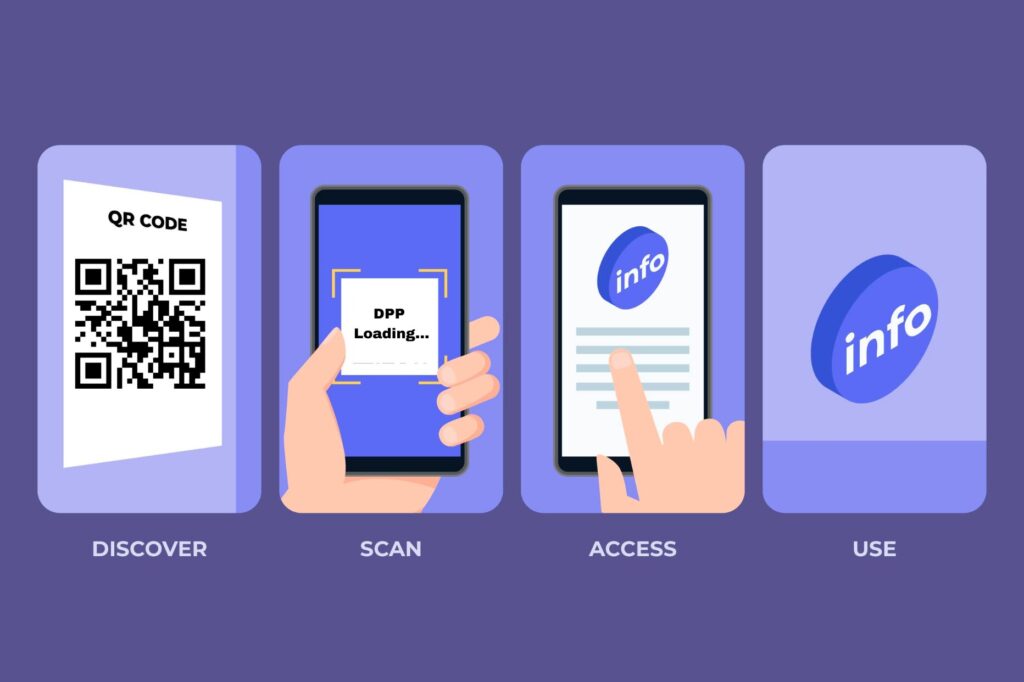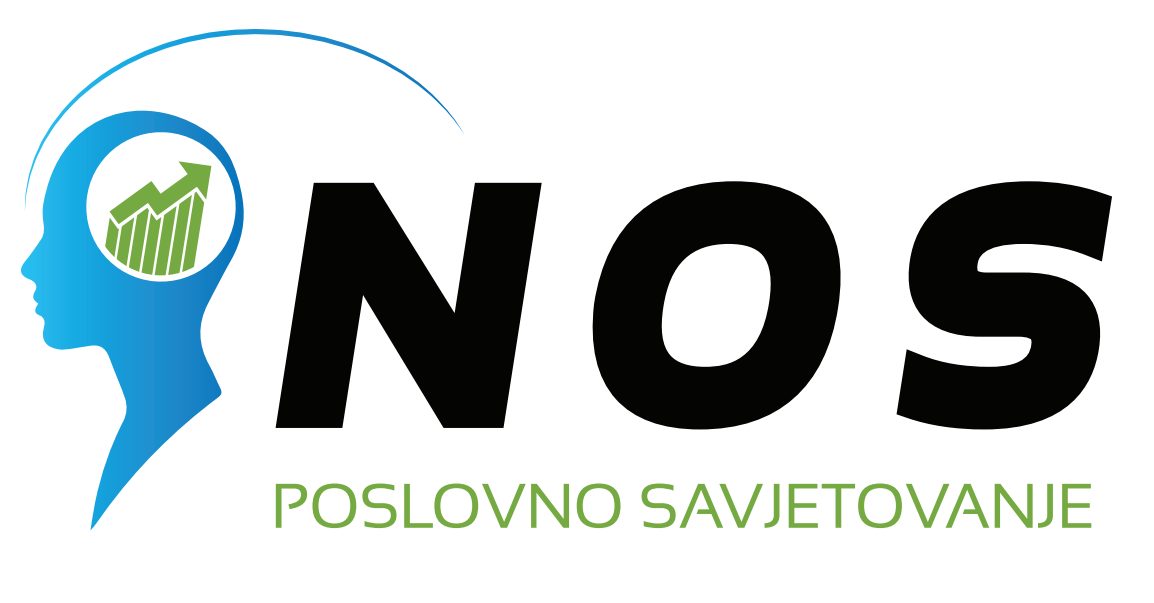Digital Product Passport (DPP): A Key to Sustainability in the European Union
The Vision of Climate Neutrality by 2050
As part of the effort to make Europe the first climate-neutral continent by 2050, several regulations have been adopted to achieve this goal. On March 30, 2022, the European Commission introduced the ESPR proposal, which is now nearing approval by the EU Council and is expected to come into effect in June/July 2024.
The regulation aims to reduce environmental impacts throughout the product life cycle through effective digital solutions, fostering more sustainable and circular products.
In this context, the following initiatives will play a key role in helping the EU achieve climate neutrality:
-
- Promoting a circular economy
- Enhancing recycling
- Extending product life cycles
One of the significant initiatives is the introduction of the Digital Product Passport (DPP), designed to collect and share data about products and their supply chains.
What is the Digital Product Passport (DPP)?
The Digital Product Passport (DPP) is a digital record containing key information about a product, including details on the materials used in its production, energy efficiency, repairability, recyclability, and disposal options. This digital tool provides a comprehensive overview of the product’s lifecycle, making information accessible to various stakeholders—manufacturers, consumers, regulators, and recycling companies.
Obligations and Applications of the Digital Product Passport (DPP)
The Digital Product Passport (DPP) will become mandatory starting in 2025. Any manufacturer or supplier wishing to sell products in the European market will need to meet DPP requirements. These requirements apply to both finished and semi-finished products.
The implementation of the Digital Product Passport begins with products that consume the most resources and those with the greatest potential for circularity (repair, reuse, and recycling).
The initial product categories include batteries and textiles, with construction materials and electrical devices to follow soon.
The DPP obligation does not apply to food, dietary products, or pharmaceuticals.
The Digital Product Passport offers companies the opportunity to collect and manage detailed product information, contributing to product and supply chain sustainability. It also enables suppliers and manufacturers to make more informed sustainability decisions and create stronger sustainability claims.
By scanning the DPP, consumers gain insight into the composition and supply chain of a product. It also provides clarity on how the product can be repaired, reused, or recycled. Modern consumers demand transparency and access to information, and the DPP addresses these needs effectively.
Benefits of the Digital Product Passport (DPP)
The Digital Product Passport (DPP) offers several advantages, summarized as follows:
- Regulatory Compliance:
Assists manufacturers in adhering to legal requirements, avoiding fines and legal complications. - Sustainability:
Promotes product sustainability by encouraging repair, reuse, and recycling, contributing to a circular economy. - Consumer Information and Transparency:
Provides consumers with valuable insights into the product’s origin, composition, and use, ensuring transparency and fulfilling their need for detailed product information. - Efficiency:
Centralizes all product information, simplifying its management. It also enhances product and supply chain sustainability while fostering competitiveness.
How does DPP-as-a-Service work?
Economic operators are responsible for making the DPP available on the market. However, if they choose to outsource certain steps, DPP-as-a-Service providers, acting as third parties, can assist with:
- Collecting, compiling, and formatting DPP information
- Issuing the DPP
- Hosting DPP data
All protocols and standards related to the IT architecture will be standardized and developed uniformly across all product categories and regulations.

The Digital Product Passport cannot succeed without accurate data. Errors in data require significant time and effort to correct, which manufacturers or suppliers cannot afford due to impending European obligations. Investments in professional IT systems enable the efficient implementation of the DPP and are therefore well justified.
Digital Product Passports are not yet mandatory, but they are expected to become obligatory for various products between 2027 and 2030. This regulation will apply across all 27 EU member states, covering a wide range of products, with a particular focus on those with significant environmental impact and high potential for improvement.
For detailed information on the concept and application of the Digital Product Passport, visit:
👉 www.eproductpassport.eu
To learn more about the DPPIT application, which facilitates the practical use of the Digital Product Passport, visit:
👉 www.dppit.eu
Contact Us
Need help?
Feel free to contact us. We will contact you as soon as possible.
info@nos.hr
+385 01 64-385-64
